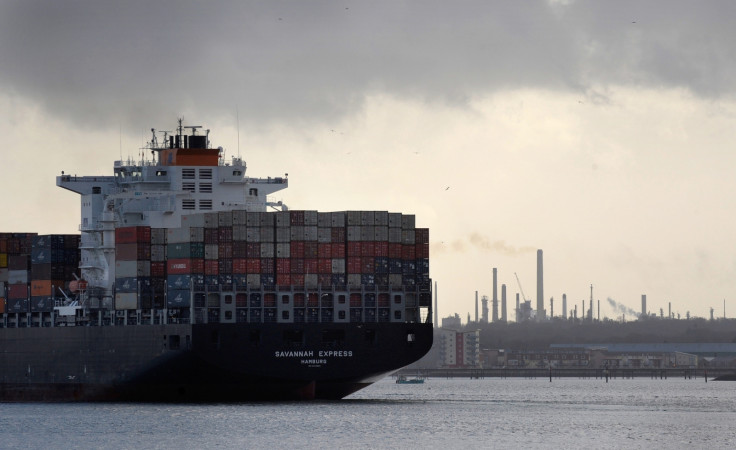Brexit trade deals: Will the UK fill the TPP gap left by the US?
Reports suggest the UK government has already held informal talks to join the 11-member bloc.

The British government is reportedly considering joining the Trans-Pacific Partnership (TPP) trade bloc after the UK leaves the European Union.
According to the Financial Times, Britain has already begun informal talks to join the bloc as it seeks to kick-start its exports after leaving the EU in March 2019.
Should Britain join the TPP, it would become the first member of the trade agreement to not border the Pacific Ocean or the South China Sea but junior trade minister Greg Hands insisted there weren't any geographical restrictions preventing the UK from joining.
"Nothing is excluded in all of this," he was quoted as saying by the Financial Times. "With these kind of plurilateral relationships, there doesn't have to be any geographical restriction."
Following the US withdrawal from the bloc in January last year, the remaining members of the TPP - Australia, Mexico, Singapore, Canada, Chile, Japan, Singapore, Brunei, Peru, Vietnam and Malaysia - began renegotiating the agreement under the new title of Comprehensive and Progressive Agreement for Trans-Pacific Partnership.
The 11 current members have pledged to retain the measures to lower both non-tariff and tariff barriers to trade contained in the original agreement, which also aimed to implement a process to settle disputes between investors from the countries concerned.
However, International Trade Secretary Liam Fox, who is currently on a visit to China, hinted the reports were "rather overblown" and that there was little indication of what the reconstituted TPP would look like.
"It is not full negotiated yet so we will want to see what emerges," he said. "But, on the other hand, we would be foolish to rule anything out. We know that Asia-Pacific will be a very important market and we know a lot of the global growth in the future will come from there."
The report also quoted an official from a TPP country as saying it was "way too soon" to discuss the prospect of Britain joining.
Last month, Michel Barnier, the EU's chief Brexit negotiator, said Britain could use the transition period to negotiate trade agreements with the rest of the world, although it would not be allowed to implement them until the end of the two-year transition window.
"We have already had contacts with third countries and they want to know what will be the nature of the relationship between the EU and the UK," he explained.
Earlier in the December, EU leaders agreed to move onto post-Brexit trade talks following months of negotiations, after the president of the EU council, Donald Tusk, confirmed that talks "can move to the next stage".
The past few months have seen tense talks over the future of EU citizens, the size of the divorce bill as well as the Irish border, these were a pre-requisite for discussions to begin on trade.
The next phase will focus on the long-term relationship between Britain and the EU.
One of the first issues that will be discussed, possibly before the end of 2017, will be the terms of the transition period that will come into place from March 2019 when Britain officially exits the EU.






















